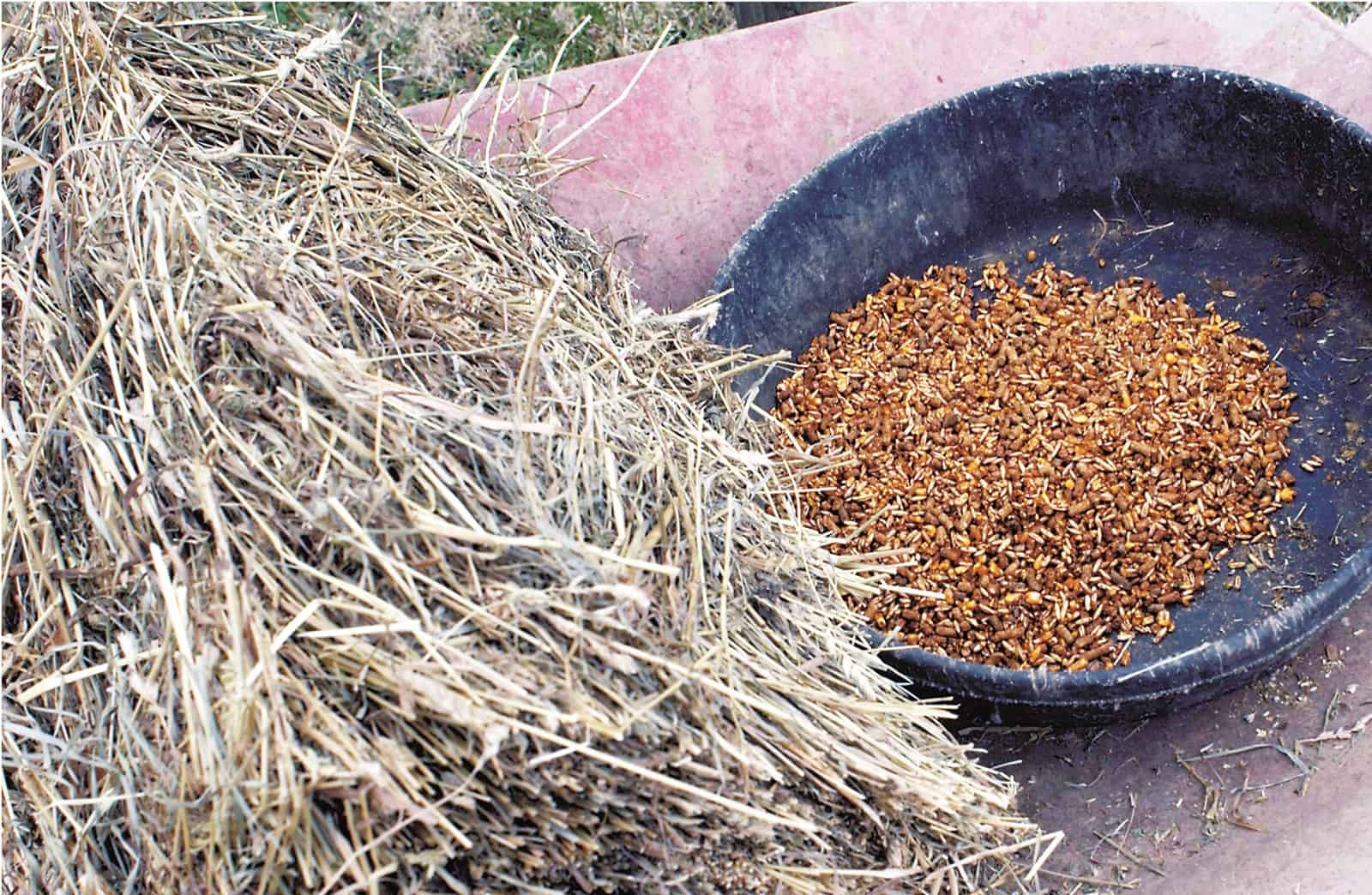Mineral of the Month: Chromium
- Topics: Nutrition, Nutrition Basics, Vitamins & Minerals

Unlike many of the metals we’ve discussed in this series, it does not appear ancient civilizations knew about chromium (Cr). Third-century weapons discovered in China, however, suggest the use of a Cr oxide coating to protect against corrosion. Today Cr’s most common industrial use is in the production of stainless steel and chrome plating.
As an essential trace element, Cr forms an important part of the glucose tolerance factor and, thus, plays a role in the communication between insulin and insulin receptors. It also plays various roles in lipid metabolism and immune function. In other livestock species, Cr supplementation has been associated with improved production, including increased growth rates, increased number of piglets born per litter, improved carcass composition, and milk yield.
In horses, however, the use of different sources and amounts of Cr in research studies makes it difficult to directly compare study results. Consequently, the National Research Council’s Nutrient Requirements of Horses (2007) does not currently provide a specific daily Cr intake recommendation. Nevertheless, Cr deficiency has never been documented in the horse. This could suggest that Cr naturally occurring in feedstuffs is sufficient to meet the horse’s basic requirements. Based on work in mice and humans, researchers have speculated that signs of a Cr deficiency might only be observed as an impaired glucose/insulin response but creating a truly deficient diet to test this theory has been challenging
Create a free account with TheHorse.com to view this content.
TheHorse.com is home to thousands of free articles about horse health care. In order to access some of our exclusive free content, you must be signed into TheHorse.com.
Start your free account today!
Already have an account?
and continue reading.
Written by:
University of Kentucky College of Agriculture, Food and Environment
Related Articles
Stay on top of the most recent Horse Health news with



















